“By a faction, I understand a number of citizens, whether amounting to a majority or a minority of the whole, who are united and actuated by some common impulse of passion, or of interest, adverse to the rights of other citizens, or to the permanent and aggregate interests of the community.”
– James Madison, The Federalist Papers: No. 10
In Pioneer’s ongoing series of blogs on curricular resources for parents, families, and teachers during COVID-19, this one focuses on:
Elevating Liberal Democracy Above Fragmentation.
“From cradle to grave this problem of running order through chaos, direction through space, discipline through freedom, unity through multiplicity, has always been, and must always be, the task of education, as it is the moral of religion, philosophy, science, art, politics and economy,” wrote the celebrated 19th-century American historian, Henry Adams. Often, it seems that we live in an increasingly fragmented, polarized, and discontented age in which the fundamental assumptions of liberal democracy, the rule of law, civil liberties, free-market economics, and the unifying coherence of Western culture as the basis for formative education, are all under assault from within and without. Is this because we are not doing an effective job of explaining these concepts, and why they are so universally beneficial?
Though far from perfect, the West has generally sought to gradually but persistently build political regimes based on a robust sense of the common good, consent of the governed, and individual rights that ennoble and uphold the intrinsic worth of individuals and the larger society. Properly understood, this was the project of the Framers of our constitutions.
As the British historian Andrew Roberts has noted, despite nearly a half millennia of democratizing and spreading reason, the rule of law and constitutionalism, human rights and religious liberty, science and technology, groundbreaking medicine, elegant classical music, and free markets and prosperity around the globe, the English-speaking world continues to suffer the slings and arrows of those who work to turn asunder deliberative democracy and our way of life.
A half century of a descending popular culture, Lilliputian-style ideologies and fads, radical politics across the spectrum, and endless platitudes about multiculturalism, diversity, political correctness, and wokeness, coupled with a toxic mix of far-right “isms,” including nativism, racism, anti-Semitism, as well as paranoid conspiracy theories left-and-right, have had a crippling impact on the necessary grandeur of America’s public discourse and institutions.
Too often, before our young minds get to even sample a taste of some of the great historical figures and thinkers and their timeless books and works, they are already being warned against them, taught to dismiss them as irrelevant and outdated, rather than to learn about them and engage with their ideas. Unfortunately, these contemporary, often anti-intellectual movements have shrunk the public debate, degraded the free exchange of ideas, undermined policy and lawmaking, and divided people in every conceivable way, while damaging a cohesive sense of community and human nature itself.
“Push back against the age as hard as it pushes against you,” was the advice of the wise and farsighted 20th-century American writer, Flannery O’Connor. To do so requires reason, knowledge, tolerance, and a generous understanding of the ideas at work in the world. No blog can encapsulate all the complicated and multi-faceted elements of the ideas that are poisoning the well of American public life. That said, many people continue to be troubled and alarmed by what they see day-to-day in the news and popular culture, and are looking for a compass in the storm. To provide some basics guidance for better understanding the larger trends at work, we’re offering a variety of resources, from Tocqueville and Barzun, to Schlesinger and Sowell, to help citizens, parents, teachers, and students. We hope they’re constructive.
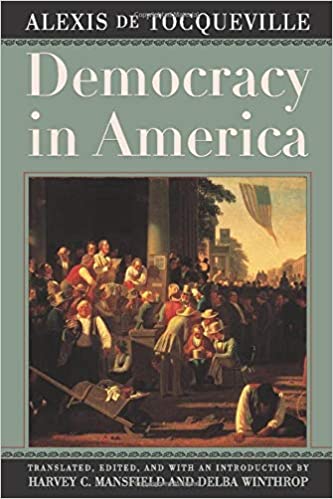
Democracy in America, by Alexis de Tocqueville (Author), Harvey C. Mansfield (Translator) and Delba Winthrop (Translator)

Domestic Manners of the Americans, by Fanny Trollope

American Notes for General Circulation, by Charles Dickens (Author) and Patricia Ingham (Editor)
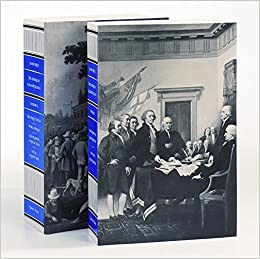
The American Commonwealth (2-volume set), by James Bryce
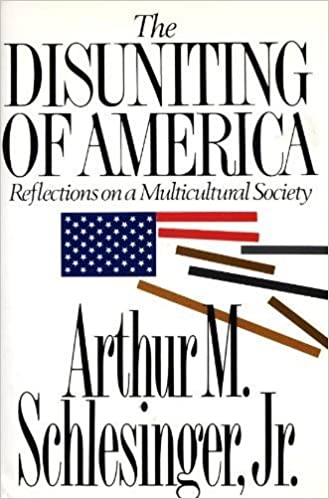
The Disuniting of America: Reflections on a Multicultural Society, by Arthur M. Schlesinger, Jr.
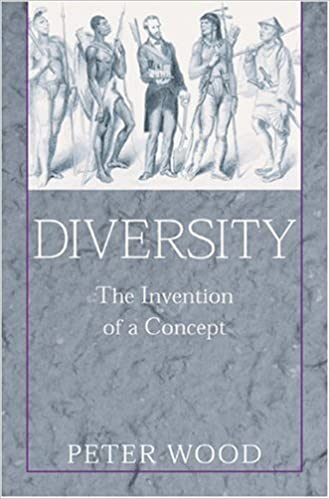
Diversity: The Invention of a Concept, by Peter Wood
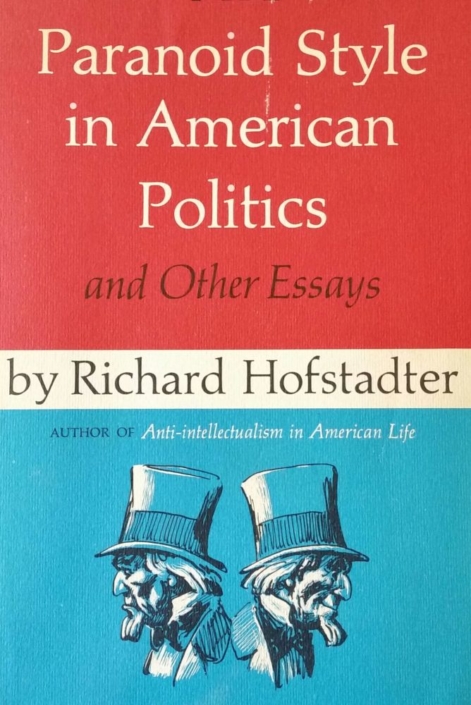
Paranoid Style in American Politics, by Richard Hofstadter

Closing of the American Mind: How Higher Education Has Failed Democracy and Impoverished the Souls of Today’s Students, by Allan Bloom
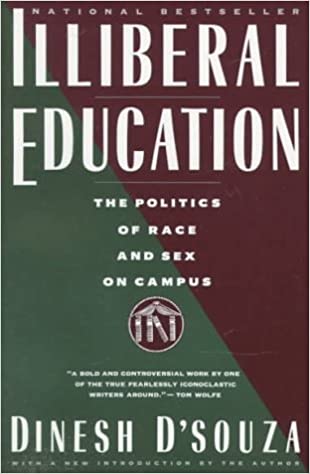
Illiberal Education: The Politics of Race & Sex in Campus, by Dinesh D’Souza

How to Fight Anti-Semitism, by Bari Weiss
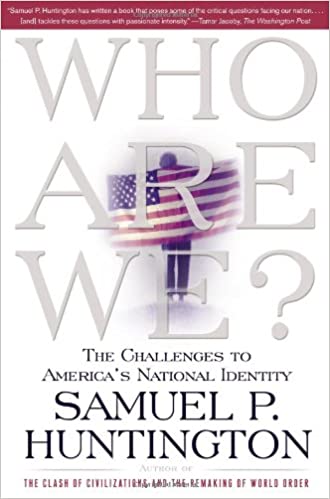
Who Are We: The Challenges to America’s National Identity, by Samuel P. Huntington

The Bonfire of the Vanities, by Tom Wolfe
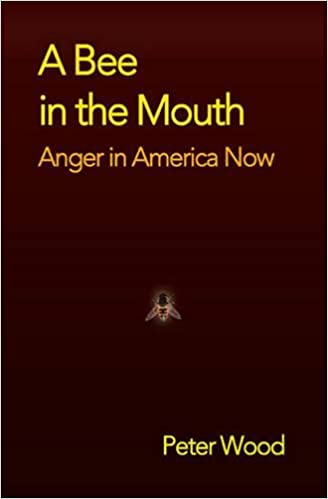
A Bee in the Mouth: Anger in America Now, by Peter Wood

Education & the Public Trust: The Imperative for Common Purposes, by Edwin J. Delattre
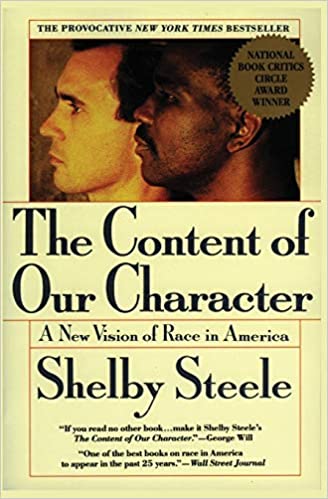
The Content of Our Character: A New Vision of Race In America, by Shelby Steele
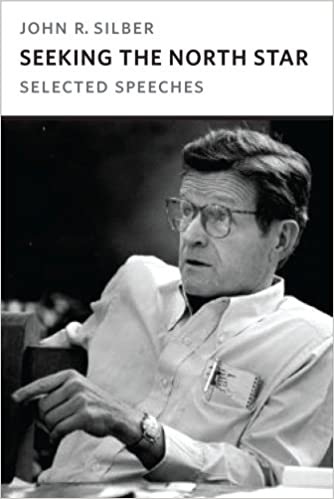
Seeking the North Star: Selected Speeches, by John Silber (Author) and Tom Wolfe (Foreword)
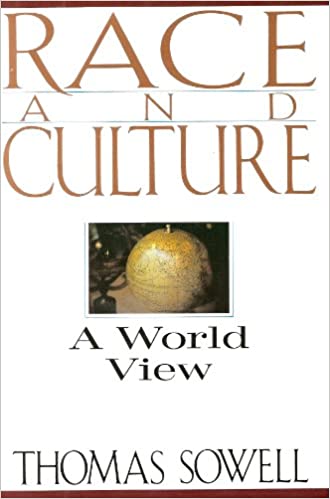
Race And Culture: A World View, by Thomas Sowell
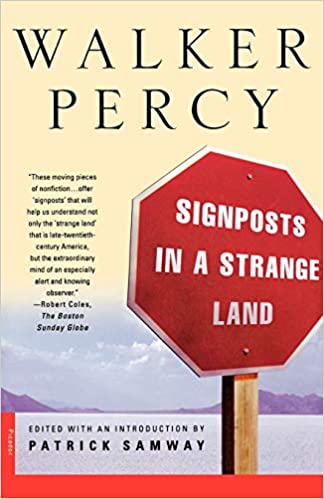
Signposts in a Strange Land: Essays, by Walker Percy (Author), Patrick Samway (Introduction)

The Image, a Guide to Pseudo-Events in America, by Daniel J. Boorstin

From Dawn to Decadence: 1500 to the Present: 500 Years of Western Cultural Life, by Jacques Barzun
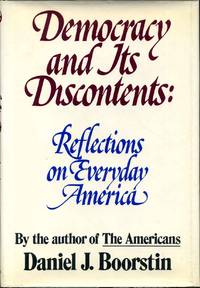
Democracy and its Discontents. Reflections on Everyday America, by Daniel J. Boorstin
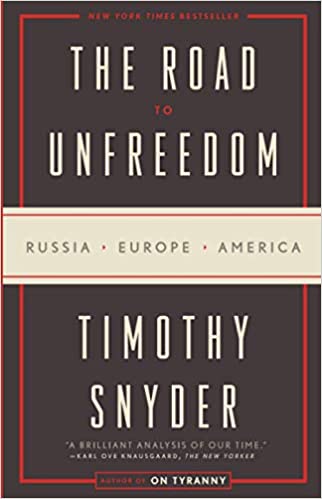
The Road to Unfreedom: Russia, Europe, America, by Timothy Snyder
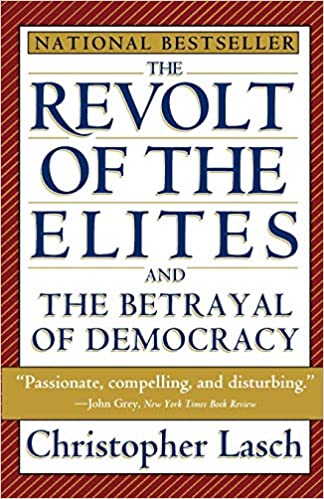
The Revolt of the Elites and the Betrayal of Democracy, by Christopher Lasch

Anti-Intellectualism in American Life, by Richard Hofstadter
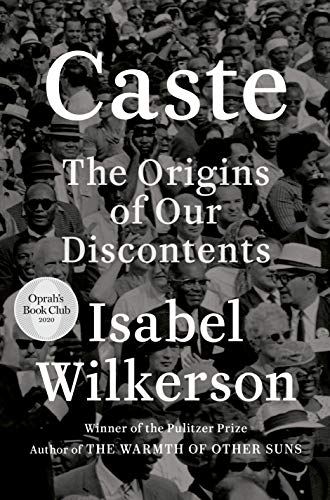
Caste: The Origins of Our Discontents, by Isabel Wilkerson
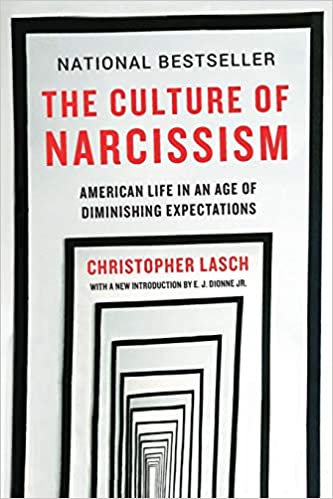
The Culture of Narcissism: American Life in An Age of Diminishing Expectations, by Christopher Lasch
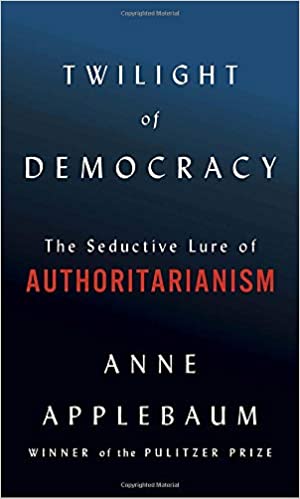
Twilight of Democracy: The Seductive Lure of Authoritarianism, by Anne Applebaum
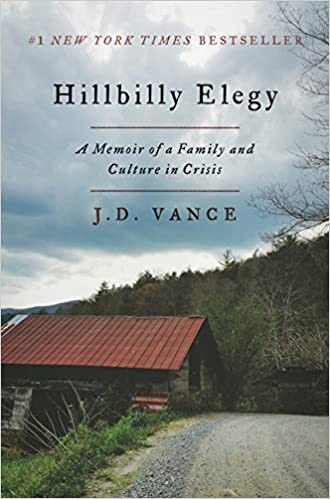
Hillbilly Elegy: A Memoir of a Family and Culture in Crisis, by J. D. Vance
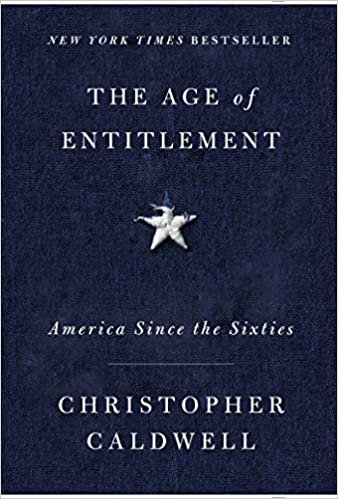
The Age of Entitlement: America Since the Sixties, by Christopher Caldwell

How to Educate a Citizen: The Power of Shared Knowledge to Unify a Nation, by E. D. Hirsch, Jr.



